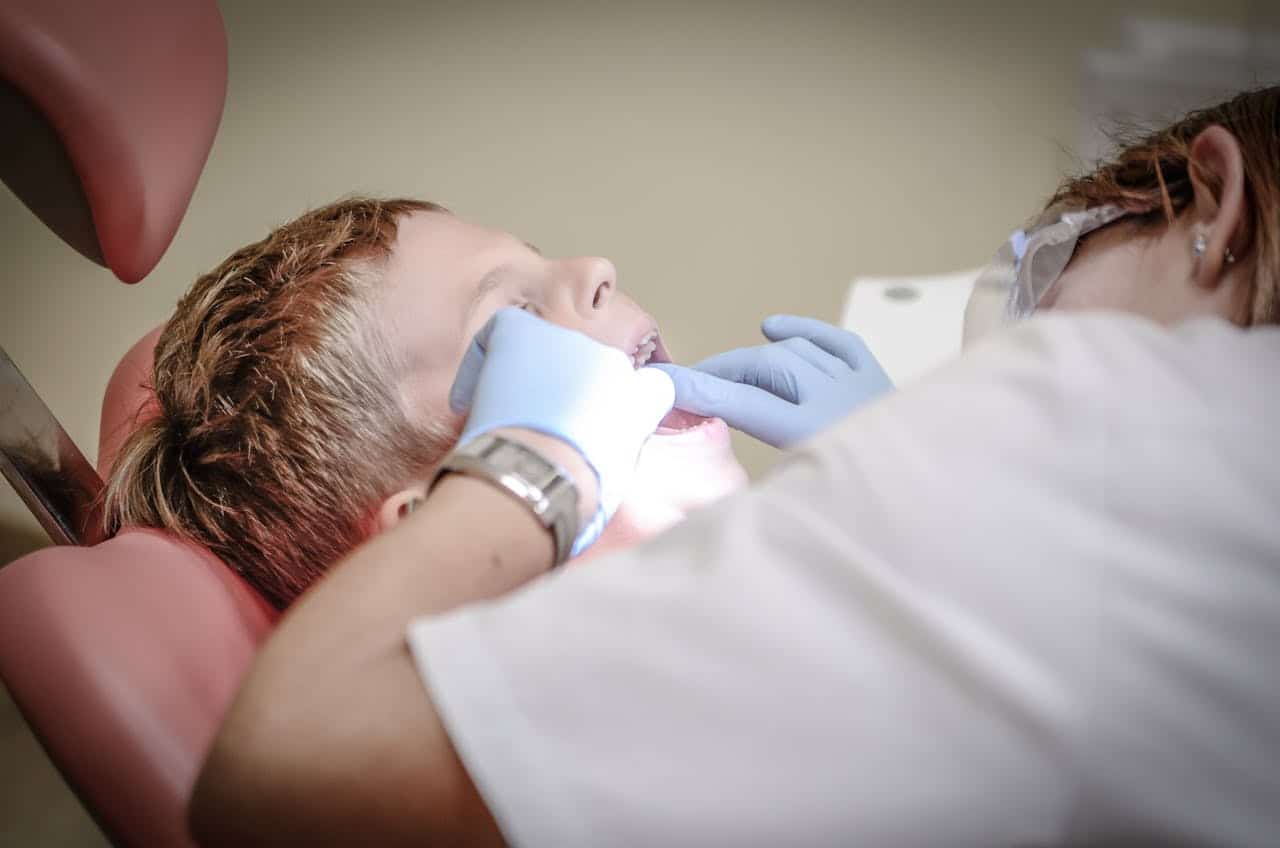











Sleep is a basic biological process necessary for physical and mental recovery. However, these days, a lack of sleep is becoming increasingly common. According to global health statistics, many people sleep less than the recommended 7–9 hours per night (Chattu et al., 2018). Be it work pressure, exam stress, lifestyle choices, or a medical condition, many find it difficult to get a sound sleep.

Prolonged sleep deprivation has a noticeable impact on daily functioning. However, not everyone knows that there are also far-reaching consequences on mental health.
Sleep deprivation is a condition in which one doesn’t get enough sleep. Most adults need between 7 and 9 hours of sleep every night, and failing to do so consistently could result in sleep deprivation.
And it’s not just a matter of hours asleep: poor sleep quality (like waking multiple times a night, taking forever to fall asleep, or having a disrupted sleep-wake cycle) can also cause sleep deprivation, even if you think you’re spending enough time in bed.
Causes of sleep deprivation can range from habits to biological and environmental reasons. Habits potentially leading to poor sleep include staring at screens until late in the night or consuming caffeine before bedtime. External triggers like noise, light, or an uncomfortable bed can also contribute to sleep issues.
Specific groups of people are at greater risk, such as:
If you experience trouble sleeping, consider consulting a healthcare professional. You can also get online treatment for insomnia through telehealth platforms like MEDvidi, seeing a licensed medical provider from home.
Sleep is essential for optimal brain function and contributes to memory consolidation, emotional control, and cognitive ability (Paller et al., 2020). The brain does most of its important work while you’re asleep, by converting your short-term memory into long-term memory by processing the information. Your experiences and mental energy are also restored primarily during the deep and REM stages of sleep.
Sleep-dependent brain rhythms are highly organized and help in maintaining mental health. When our sleep is disrupted or insufficient, it can interfere with this process, causing a lack of focus, mood swings, anxiety, and an increased risk of depression. Chronic lack of sleep may weaken decision-making, emotional stability, and pave the way for mental health conditions over time.
The psychological effects stemming from a lack of sleep are much more severe than physical exhaustion. Extended periods of sleep deprivation can interfere with emotional balance, cognitive performance, and increase one’s risk of developing mental health conditions. These effects can be both short-term and long-term.
One of the earliest and most noticeable effects of sleep deprivation is a shift in mood. People often become more irritable and emotionally reactive, experiencing increased anger and sudden mood swings. The ability to regulate emotions is lowered, making it more difficult to manage frustrations or conflicts. Emotional instability becomes more pronounced as sleep loss continues.
Lack of sleep can affect cognitive function. There may be problems concentrating, “brain fog,” or memory issues. Decision-making becomes slower and less accurate. All these may impact all aspects of performance, from academic and professional pursuits to the simplest of everyday tasks. Errors happen more frequently, and people also become accident-prone.
Behavioral changes are another common result of sleep deprivation. People may become more impulsive and indulge in riskier behaviors since self-control is reduced. Social withdrawal may occur due to the lack of patience required for interaction. Some may start acting differently, all due to the effect on mental regulation.
Sleep deprivation significantly affects one’s capacity to manage stress. A person may become more sensitive to stressors and show reduced resilience in the face of challenges. What might normally be manageable can quickly become overwhelming, leading to increased anxiety, frustration, or burnout. This diminished coping ability can exacerbate pre-existing emotional struggles and contribute to a cycle of worsening mental health.
In extreme cases of prolonged sleep deprivation, individuals may begin to experience severe psychological symptoms such as hallucinations, delusions, etc. These symptoms represent a breakdown in the brain’s ability to distinguish reality from perception and indicate the need for professional help.
Chronic sleep deprivation has been closely linked with frequent mental distress and a heightened risk of suicidal thoughts (Bernert, 2008). Sleep loss can intensify feelings of hopelessness and emotional pain, particularly in individuals already dealing with depression, anxiety, or other mental health conditions.
Poor sleep quality is linked to various mental health conditions since it affects mood, raises irritability, and diminishes emotional resilience. In the case of depression, this relationship works both ways: not only can poor sleep make someone’s symptoms of depression worse, but depression itself can disturb sleep patterns.
The effect of lack of sleep on anxiety is also substantial. If you are not rested, the brain starts to react in more of a stress mode, and you become more anxious. Sleep disruption can also cause mood instability.
The same applies to conditions like attention deficit hyperactivity disorder (ADHD), post-traumatic stress disorder (PTSD), and some others. Sleep deprivation is among the factors that can leave people more emotionally reactive, and their symptoms, like flashbacks, impulsivity, and poor attention, can get more severe. It might also exacerbate the symptoms of schizophrenia, autism spectrum disorder, and eating disorders.
The key to the prevention of sleep-related psychological issues is early intervention. The faster you start treating sleep problems, the less likely they are to cause serious consequences.
Most commonly, adjustments in lifestyle can have a significant impact. This includes sticking to the same bedtime schedule, reducing screen time before going to bed, cutting back on caffeine and heavy meals before sleeping, and creating a quiet, comfortable sleep space. Regular exercise and relaxation, via deep breathing or meditation, can also help you sleep better.
Moreover, psychological treatment like CBT for Insomnia (CBT-I) is considered effective. It helps people combat negative thoughts, as well as behaviors, around sleep. Finally, if sleep troubles persist, then it’s time to seek professional help. A professional can give you individualized treatment or refer you to a sleep specialist or a mental health professional.
Not getting enough sleep can have serious effects on your mental health, including mood changes, cognitive dysfunction, behavior changes, and increased risk for the development of mental health conditions. Good sleep is essential for brain function and stress management, and forms the foundation for overall health. If your sleep issues are prolonged or interfere with your daily life, consider seeking professional help.
Sources